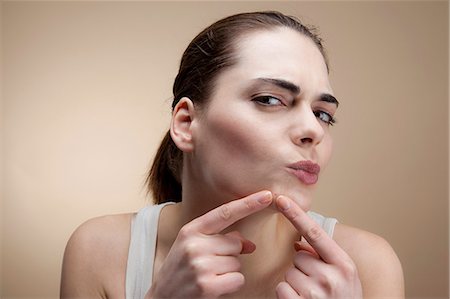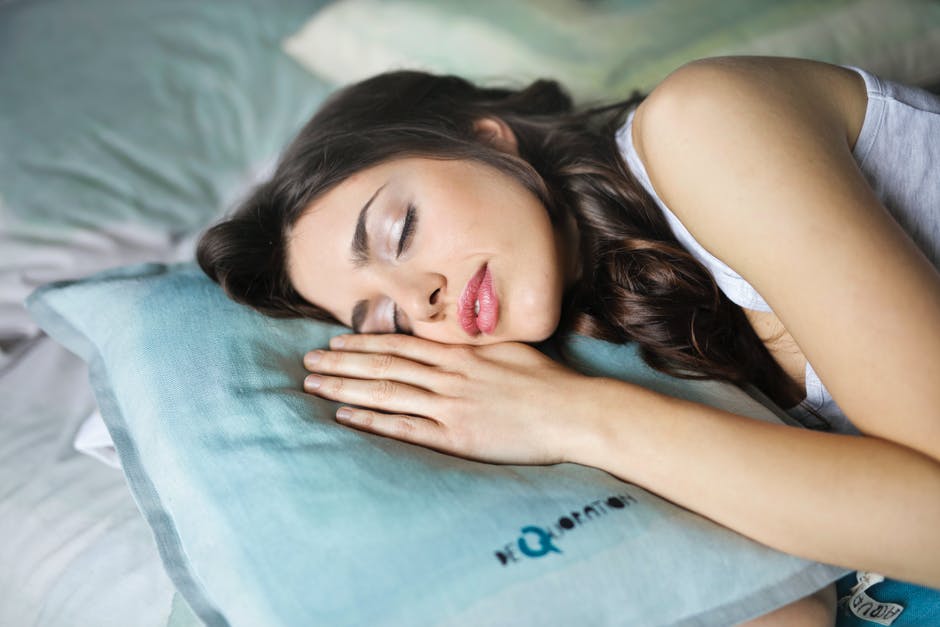Millions of people have insomnia every night, but did you know that many natural solutions can help you sleep better?
Many adults report that melatonin works for them, relieving the sleeplessness that plagues many sleepless nights. Getting a full night’s sleep can be hard when your mind doesn’t shut off. But luckily, there are plenty of natural ways to help you fall asleep, and the first one on our list is lavender. Lavender aromatherapy has long been known to help with stress, anxiety, and depression, making it an excellent remedy to promote relaxation and calm the mind before bed.
What Helps with Insomnia?
Sleep problems are fairly common, and a lot of people are struggling every night to get a decent night’s rest. There are a lot of different reasons why sleep is so important, so it’s important to figure out if any of those reasons are at the root of your insomnia. One of the most common causes is stress, which many people deal with on a daily basis. But even though stress may be the cause of your insomnia, that doesn’t mean you can’t do anything about it. There are a variety of ways you can reduce stress, including meditating, exercising, and even drinking tea. If you need something that would help you, remember, this really helps with insomnia:
Exercise
We’ve all heard that exercise is good for you, but how exactly does exercise help you sleep better at night? According to science, a number of physical, mental, and emotional benefits come from exercising regularly. When you exercise, your body releases endorphins, natural chemicals that improve mood, reduce pain, and boost your energy. Regular exercise can ease symptoms of anxiety. And aerobic exercise, in particular, can help boost the immune system.
Relaxation
Many people have insomnia. It can be caused by stress, injury, or more. Relaxation can help people sleep better and may help people who suffer from insomnia, but they should talk to their doctor before starting a relaxation routine.
Light Regulation
Light regulation is the science that deals with the visual system and its functions. Light regulation affects us every day. We become sleepy after the lights go out, we wake up to daylight, we use lights for cueing our daily activities, and we use various artificial light sources during work, play, or in emergencies. Light regulation influences each of these activities.
Nutrition
Many people use sleep medication to help them get to sleep, but did you know that nutrition can play a huge role in your ability to sleep? Many people turn to food for comfort when they can’t sleep. Some turn to fatty or spicy foods, while others turn to sugary or salty snacks to stay awake.
Sleep Hygiene
Sleep hygiene refers to your habits and attitude towards sleep. Sleep hygiene experts believe that a lack of sleep can lead to a myriad of problems, from weight gain to having trouble thinking clearly. However, this doesn’t mean that you have to go to bed earlier or that you’ll automatically sleep better if you go to bed earlier. Even getting the right amount of sleep can occasionally be a challenge.
Conclusion
According to the National Institute of Mental Health, insomnia can be a symptom of many different illnesses, including depression, anxiety, and substance abuse. So, how do you know if your sleep problems are related to a medical issue or are just part of normal aging? And how do you treat insomnia if you well experience it? Please write your opinion in the comment section below about the article above.




















